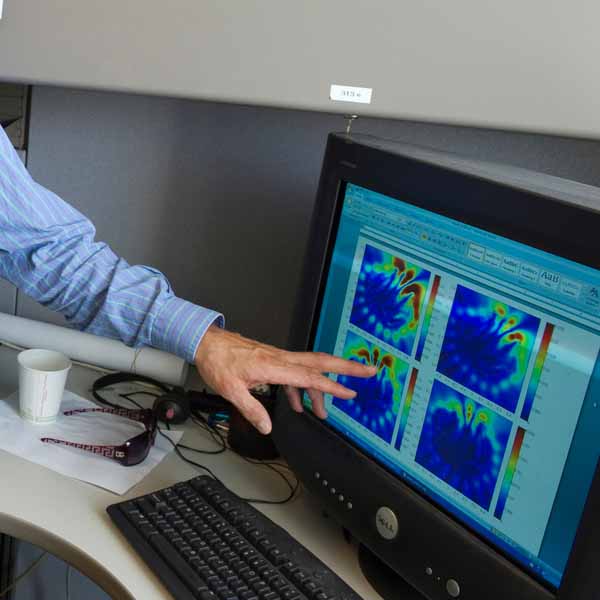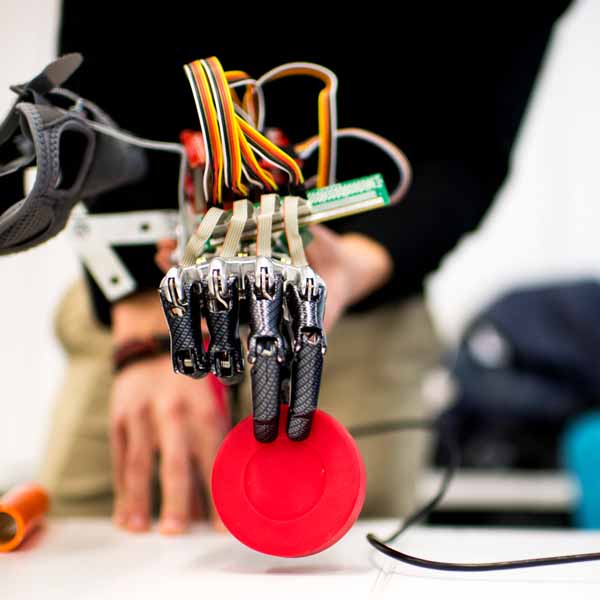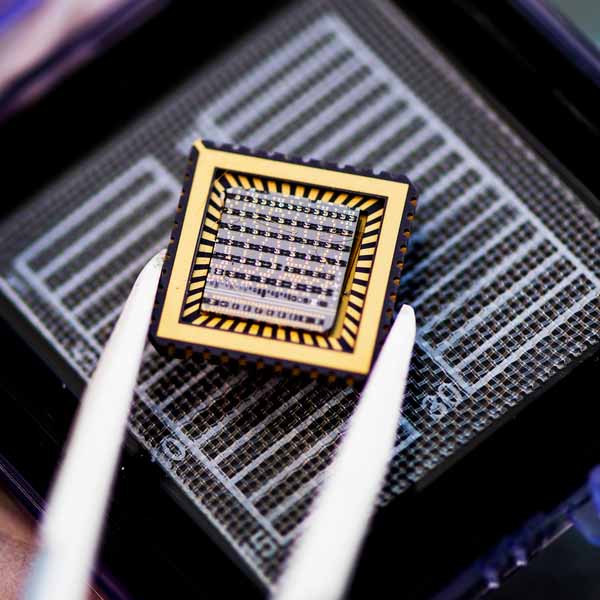ECE has traditionally been a home for multiple engineering research centers, and currently is the lead or partner of ten research centers and institutes below in addition to the Institute for Experiential AI.
-

ALERT seeks to conduct transformational research, technology and educational development for effective characterization, detection, mitigation and response to the explosives-related threats facing the country and the world.
-

The Bernard M. Gordon Center for Subsurface Sensing and Imaging Systems (Gordon-CenSSIS) is dedicated to revolutionizing the detection of biomedical and environmental-civil objects or conditions that are underground, underwater, or embedded within cells or inside the human body.
-

CHEST will coordinate university-based research with the needs of industry and government partners to advance knowledge of security, assurance, and trust for electronic hardware and embedded systems.
-

The Center for Integrative Biomedical Computing (CIBC) is dedicated to producing open-source software tools for biomedical image-based modeling, biomedical simulation and estimation, and the visualization of biomedical data.
-

Conducts fundamental and interdisciplinary applied research in the areas of computational modeling, computer vision, distributed computing, image analysis, machine learning, optimization, and signal processing.
-

Center for Translational Applications of Nanoscale Multiferroic Systems (TANMS) works to engineer a revolution in miniature electromagnetic electronics through the development of a new class of nanoscale multiferroic materials.
-

The Center for Ultra-wide-area Resilient Electric Energy Transmission Network (CURENT) mission is to build a more reliable, secure and efficient electric grid transmission system that uses renewable energy sources.
-

The Institute for Experiential Robotics focuses on the development of robots able to learn and adaptively execute autonomous behaviors from human partners and/or other robots.
-

The Institute of Information Assurance (IIA) focuses on protecting the integrity and security of information and reducing the vulnerability of hardware and software systems to attacks.
-

Northeastern’s Institute for the Wireless Internet of Things is pioneering research in wireless systems and networks to make the next generation of Internet of Things a continuum of connected devices able to interact in new ways with people and the environment— from connected cars and drones, to implantable medical devices and smart communities.
-

The Northeastern SMART research center focuses on conceiving and piloting disruptive technological innovation in smart devices and systems that are required by a number of industries including the Internet of Things (IoT), 5G, Digital Agriculture, Robotics and Healthcare to make everyday life safer, easier, and more efficient.
-

SENTRY (Soft-target Engineering to Neutralize the Threat RealitY) addresses the challenges of protecting soft targets and crowded places (STCPs).